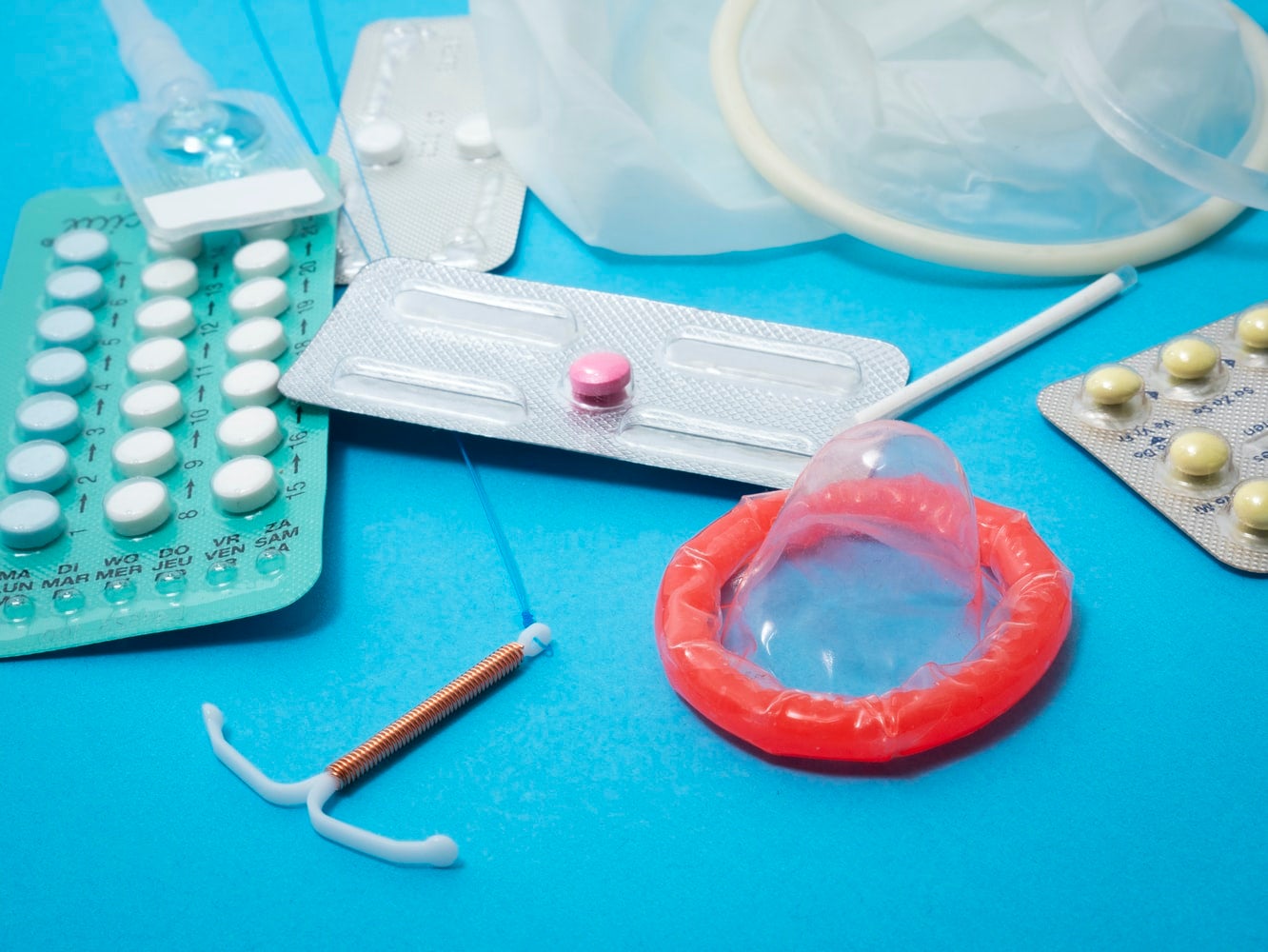Birth control has always been one of the most popular discussion topics among college students, especially with recent developments like their increased accessibility through the Opill tablet. However, like most issues that fall under the women’s health umbrella, birth control is subject to multiple myths and borderline conspiracy theories.
Unfortunately, many women are often left in the dark about what to expect before starting a new birth control. The lack of knowledge surrounding women’s healthcare is such an issue in our country that even First Lady Dr. Jill Biden and Academy Award-winning actress Halle Berry have felt the need to bring attention to the issue.
There are a million myths out there, but some of the most popular myths about birth control pills are that the pill makes users gain weight, starting the pill too early will damage your reproductive organs or cause infertility, and that the pill can cause cancer.
We’ve all heard these myths, and some of them can definitely be more scary than others. But you know what’s even more terrifying? Not knowing the truth.
Everyone deserves to know and understand the truth about what’s behind their medication’s ingredients or side effects, that shouldn’t be something that people have to fight for. I spoke to two OB-GYNs — Dr. Kerry Krauss, Medical Director at Natural Cycles, and Organon Health Partner Dr. Kameelah Phillips — about the myths surrounding birth control pills, and here’s what I learned.
Fact: It is possible to overdose on birth control, but it’s extremely rare.
It’s common knowledge that birth control users should only be taking one pill a day, every day, until they’re no longer on the prescription. It’s easy to forget to take a pill once in a while, and when that happens it’s typically recommended to take two pills in one day instead of one pill.
It might be surprising to learn that it is possible to overdose on birth control pills, but it doesn’t happen in a way that’s similar to drug overdoses, says Dr. Kameelah Phillips.
“It’s not possible for someone to overdose on birth control pills in the way that people typically think of a drug overdose,” Dr. Phillips says. “When people take multiple birth control pills at a time, they may experience side effects like nausea, vomiting, an upset stomach and/or headache.”
Possible overdose symptoms include breast tenderness, discoloration of urine, drowsiness, excessive vaginal bleeding for two to seven days following the overdose, headache, emotional changes, nausea, vomiting, and rash, according to BMJ Sexual and Reproductive Health.
Myth: Birth control pills cause infertility after taking it for multiple years.
Birth control pills causing infertility after long-term usage is one of the most popular myths I’ve ever heard, but there isn’t truth to it.
“Other than sterilization techniques, there is no current method of birth control on the market that causes infertility,” says Dr. Kerry Krauss. “There are some methods that do temporarily stop ovulation; however, large studies have looked at rates of pregnancy within one year after stopping these methods and found that fertility rates are the same whether or not a woman was on birth control.”
So basically, if you’re thinking about having children sometime in the future, birth control pills are still a safe option; the infertility myth is just a myth.
Fact: Birth control pills can cause weight gain.
While Dr. Phillips doesn’t find birth control to be a factor of weight gain for her patients, she says “When my patients come to me with concerns about weight gain and birth control, I take the time to discuss with them personal factors like life stage, health background, healthy eating and exercise.”
Knowing your individual health factors is important, but so is understanding what birth control methods can cause weight gain. “Generally, these are the progesterone-only methods, such as the progesterone-only pill or the injection,” Dr. Krauss says. “Combined estrogen/progesterone pills have not been shown to cause weight gain in large studies.”
If the possibility of gaining weight while on the pill is a concern for you, then it’s definitely something you should consider further discussing with your doctor.
Myth: Probiotics affect birth control pills.
There isn’t a “right” age for women to start probiotics, some start as early as in their 20s. Like starting any new medication, there’s always the concern that it will affect the effectiveness of birth control pills.
This shouldn’t be your concern when it comes to integrating a new probiotic into your daily routine though. “Probiotics and birth control are metabolized differently, so in my experience, probiotics should not influence the effectiveness of birth control,” Dr. Phillips says. “It’s worth noting that probiotics can change vaginal discharge. Women should always talk to their doctor about any medications they are taking, including probiotics, when discussing birth control.”
Like any medication, birth control pills aren’t a “one size fits all” type of solution. There can be trial and error periods, but it’s important to talk to your doctor about any concerns you might have. Social media can be a great place for knowledge about topics like birth control, but that doesn’t mean everything we’re seeing online is true — some myths are literally just myths.




